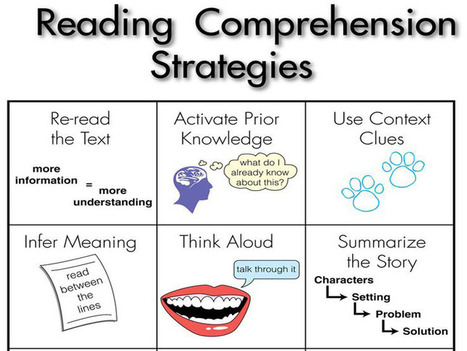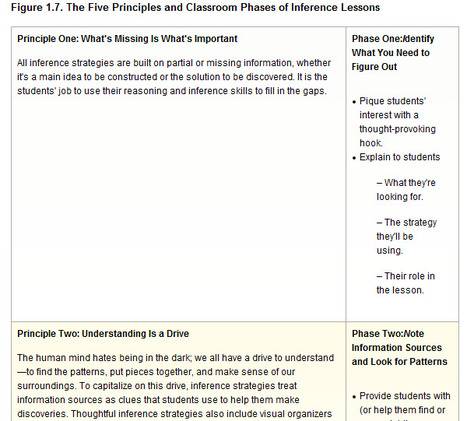"Reading is reading. By understanding that letters make sounds, we can blend those sounds together to make whole sounds that symbolize meaning we can all exchange with one another.
Without getting too Platonic about it all, reading doesn’t change simply because you’re reading a text from another content area. Only sometimes it does.
Science content can often by full of jargon, research citations, and odd text features.
Social Studies content can be an interesting mix of itemized information, and traditional paragraphs/imagery..."



 Your new post is loading...
Your new post is loading...









Great one